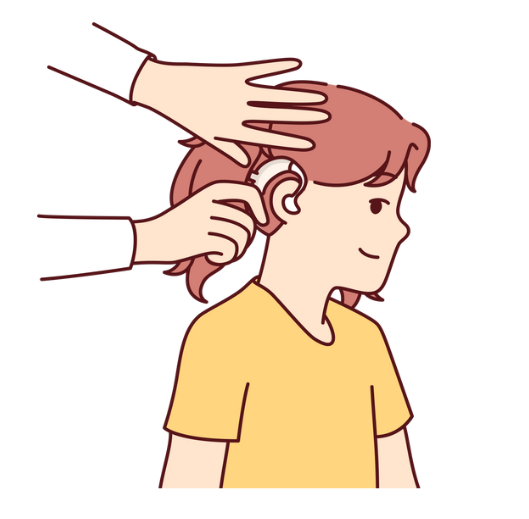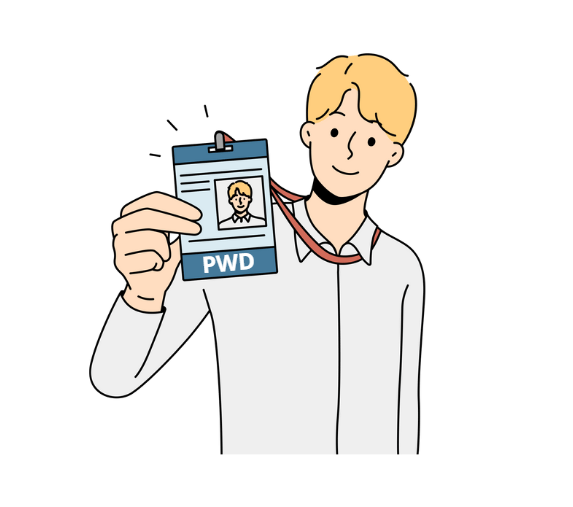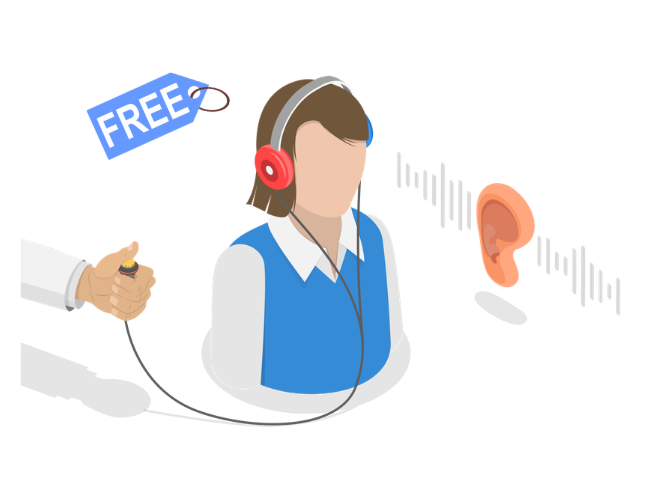How to Get Financial Assistance for Hearing Aids
For many Deaf and hard of hearing Filipinos, hearing aids are life-changing tools. They help improve communication, learning, and daily activities. However, the high cost of hearing aids often prevents people from accessing them. In the Philippines, a single device can range from ₱15,000 to ₱80,000 depending on the brand and technology (Philippine National Ear Institute, 2021). The good news is that financial assistance is available. With the right information, you or your loved ones can access programs that make hearing aids more affordable.

Government Programs and Support
The Philippine government offers several programs to support persons with disabilities (PWDs), including those who are Deaf or hard of hearing.
PhilHealth Z Benefits Package: While not specifically for hearing aids, PhilHealth provides coverage for related medical procedures such as cochlear implants in selected cases.
Department of Health (DOH): Some local DOH hospitals, through their Ear Institute or ENT departments, offer subsidized or discounted hearing aids for qualified patients.
Persons with Disability (PWD) ID: Holders of a PWD ID issued by local government units are entitled to a 20% discount and VAT exemption on hearing aid purchases (Republic Act 10754).
Local Government and Social Welfare Assistance
Beyond national programs, local governments also provide support.
DSWD Assistance to Individuals in Crisis (AICS): This program covers medical needs, including assistive devices. Applicants need to bring medical records, doctor’s recommendations, and proof of indigency.
LGU Health and Social Welfare Offices: Some city or municipal governments have funds for health equipment, including hearing aids. For example, Quezon City and Manila have supported residents with disability-related medical needs through special programs.
Non-Government Organizations and Foundations
Several NGOs and charitable institutions in the Philippines work to provide hearing aids and audiological services.
Philippine Institute for the Deaf (PID): Offers programs that connect families with donors and partners.
Hear For Tomorrow Foundation: Focuses on providing affordable hearing aids and hearing care services.
Rotary Clubs and Lions Clubs: These organizations often run donation drives and hearing missions across provinces.
International groups like the World Health Organization (WHO) also emphasize that hearing aids are a public health priority, especially in low- and middle-income countries (WHO, 2021). Partnering NGOs in the Philippines align with this mission to ensure better accessibility.
Practical Tips for Applying
- Get a proper diagnosis. Visit an ENT doctor or audiologist for an audiogram and recommendation letter.
- Prepare your documents. Most programs require a medical certificate, proof of income, and PWD ID (if applicable).
- Visit local offices. Start with your barangay health center or city hall’s social welfare office to ask about available programs.
- Seek NGO referrals. Ask schools for the Deaf, community leaders, or churches if they know of ongoing donation drives.
- Be persistent. Funding and donations are limited, but applying to multiple programs increases your chances.
Building a More Inclusive Future
Access to hearing aids is not just about technology—it’s about inclusion, education, and equal opportunities. While financial barriers remain, government agencies, NGOs, and community organizations are working together to bridge the gap. As the WHO reminds us, “Hearing care for all” is a global goal (WHO, 2021).
If you or someone you know needs hearing aids, take the first step today. Reach out to your local health offices, apply for PWD benefits, and connect with NGOs. Every effort counts in building a more inclusive society where no one is left behind.
References
- World Health Organization (2021). World Report on Hearing.
- Philippine National Ear Institute (2021). Hearing Loss Statistics in the Philippines.
- Republic Act No. 10754 – An Act Expanding the Benefits and Privileges of Persons with Disability.
- Department of Social Welfare and Development (DSWD) – Assistance to Individuals in Crisis Situation (AICS).







Leave a Reply